CLASSIC GRAPES 101 – SAUVIGNON BLANC
Have a heart. Show a little sympathy. I’m not asking you to pity Sauvignon Blanc, just give it a little respect. You see, the grape and its wines are very misunderstood and, to be quite honest, more than a little under-appreciated. Not that Sauvignon Blanc would complain about it. That really isn’t its style. That’s where I come in. Champion of the underdog grape and advocate for misrepresented wines worldwide, I have a soft spot in my heart for this little rebel without a cause. Largely taken for granted in its home country of France (except for my Sancerre buddies!) and commercialized almost beyond recognition in the United States and elsewhere, the grape has more than a few reasons to feel sorry for itself and yet, oddly, it doesn’t. It continues to dance to the beat of a different drummer. And it knows that it is different; that there isn’t another grape like it in the world and it couldn’t be happier. Not in an egotistical way. No, for all its uniqueness Sauvignon Blanc exudes no ego, rather a quiet sense of self-assurance that, frankly, is very refreshing in our modern world of flashy Chardonnay and trashy Cabernet.
It’s a shame really. I mean, all of this couldn’t have happened to a nicer, more unpretentious grape. Sure, it could have bigger yields, but size isn’t everything. Right? And I’ll grant you that its aromatic component, at times so intense that it goes so far beyond the accepted limits of the vagaries of “grassy and herbaceous” that the closest approximate phrase genteel society has come up with to describe its bouquet is cat urine, sets it distinctly apart from its fellow grapes. This is part of Sauvignon Blanc’s endearing personality. These are not handicaps, but sources of strength and pride. In light of this you might agree that Sauvignon Blanc shares a kindred spirit with equally misunderstood and equally inimitable Gewürztraminer. But I digress.
Consider some other reasons to be proud. It boldly goes where other grapes fear to tread. For food and wine pairing its versatility is virtually unparalleled. Creamy cheeses, searing spices, gutsy greens and verdant veggies are no match for its lush citrus fruit and racy acidity. How many wines can comfortably go toe to toe with tapenade, Thai food and trout? Not many, I can tell you that! But Sauvignon Blanc can. It does it every day of the week and without a whimper. Bring it on! Sauvignon Blanc wines can eat curry, cilantro and catfish for breakfast and ask for seconds. They show no mercy to shrimp, sorrel and sea bass. Cool!
And the grape is flexible too. While it prefers a moderate amount of sun, it will produce quality fruit in warmer climates. As long as you remember and respect that it buds late and ripens early Sauvignon Blanc will always make you proud. And I don’t think that’s asking a lot. Do you? As always, soil plays a critical role in how the grape presents itself in the wine glass. Flint contributes to the mineral notes found in a lovely Sancerre or Pouilly-Fumé just as surely as clay and sand provide pungency to many New Zealand Sauvignon Blanc wines. Sure, some winemakers push it to the limit by using too much wood; but wouldn’t you be a little confused if you were over-oaked? To add to the confusion for consumers is the variety of names under which the grape is marketed. In France it is the source for wines such as Sancerre and Pouilly-Fumé in the Loire region and blended with Sémillon in the white Graves and Pessac-Léognan wines of Bordeaux and also its sweet Sauternes and Barsacs. In the United States, thanks in large part to a hugely successful marketing campaign created by Robert Mondavi in the 1970s, the grape is often labeled as Fumé Blanc. The rest of the world; from Central and South America to Australia, New Zealand and South Africa, call it Sauvignon Blanc. As well they should.

Perhaps you can better appreciate now why Sauvignon Blanc always seems to be on the outside looking in. Its unusual herbal nose, bracing acidity, citrus mouth and identity crisis often creates wine that people love to hate. Don’t dislike Sauvignon Blanc just because it is different. Celebrate its unique personality! Revel in its eccentricities! Do something special tonight for you and the grape. Hug a Sauvignon Blanc bottle and tell it that it is okay to be different. Wrap your fingers around the stem of a glass filled with Sauvignon Blanc. Then drink it. You’ll be glad you did!
SAUVIGNON BLANC PROFILE
Scents and Flavors
Cantaloupe Honeydew Melon Casaba Melon Green Apple Pear Quince Gooseberry Pineapple Mango Kiwi Passion Fruit Grapefruit Orange Tangerine Lemon Lime Lemongrass Cut Grass Dried Grass Thyme Basil Tarragon Cilantro Marjoram Dill Oregano Fennel Seed Anise Seed Mineral Flint Smoke Toast Oak Vanilla Stone
Food Affinities
Seafood & Meat Game Hen Chicken Turkey Shrimp Oysters Clams Mussels Scallops Swordfish Sea Bass Trout Ahi Tuna Snapper Catfish Sole
Vegetables, Fruits & Funghi
Capers Zucchini Roasted Fennel Roasted Garlic Eggplant Roasted Red Peppers Yellow Squash Green Olives Sun-Dried Tomatoes Tomatoes Asparagus Artichokes Spinach Radicchio Arugula Lemons Limes Tangerines Oranges Grapefruits Button Mushrooms Crimini Mushrooms Oyster Mushrooms Shiitake Mushrooms
Herbs, Spices & Nuts
Basil Oregano Rosemary Tarragon Cilantro Thyme Sorrel Dijon Mustard Chives Dill Yellow Curry Green Curry Fennel Seed Star Anise Ginger Pine Nuts Almonds Hazelnuts Cashews
Cheeses, Dairy & Oils
Brie Goat Buffalo Mozzarella Fontina Feta Ricotta Swiss Parmigiano-Reggiano Roasted Garlic Oil Pesto
Food & Wine Pairings
Celebrate Sauvignon Blanc’s assertive acidity and prickly palate by pairing it with foods that are equally aromatic and possess similar high acidity: Grilled Trout studded with an herbed Goat Cheese or Curried Chicken with Lemongrass come to mind. When most wines wither when paired with vinaigrettes, vegetable soups and bitter greens, Sauvignon Blanc shines. Grilled asparagus with Feta cheese or a warm radicchio and wild mushroom salad with a balsamic-citrus vinaigrette will find no better friend than Sauvignon Blanc. Highly aromatic, yet rarely heavy on the palate, Sauvignon Blanc is an ideal aperitif wine with appetizers while its acidity gets the stomach ready for bigger, richer wines and food. Take advantage of Sauvignon Blanc’s freshness by using fresh herbs and spices (versus dried) whenever possible. You’ll find the difference amazing!
Styles
With so many growers around the world there is a style of Sauvignon Blanc for everyone: soft, lush, floral, intense, bold, wet, tame or exotic. As a rule of thumb, most examples New Zealand & Australia are zestier than most of their cousins in the United States. Remember that country, region, producer & production dictate price.
David Kline - Schaefer's Wine Consultant


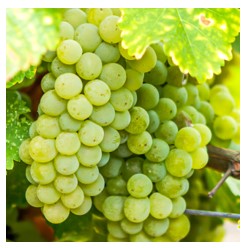


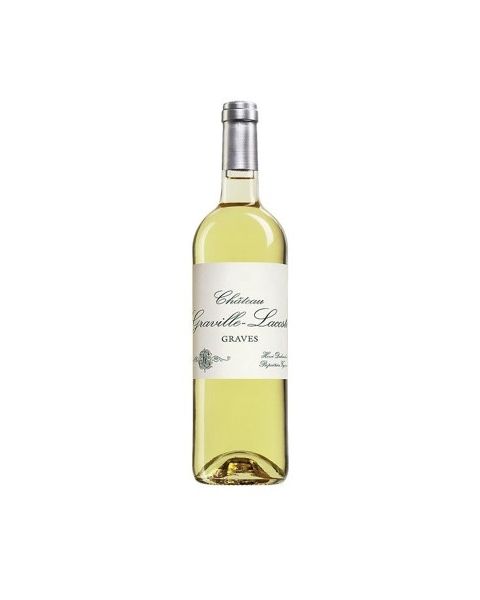
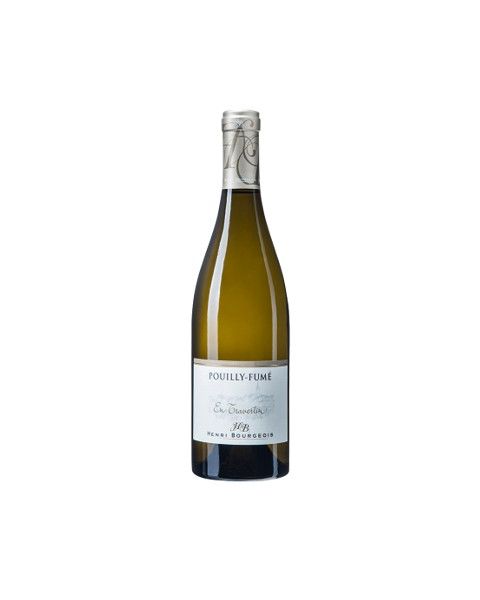
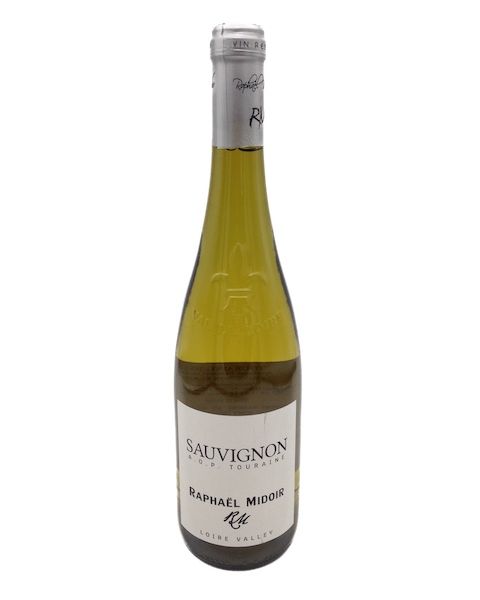
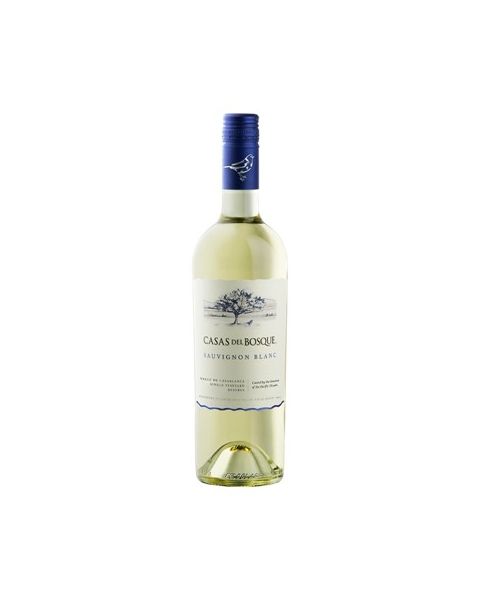
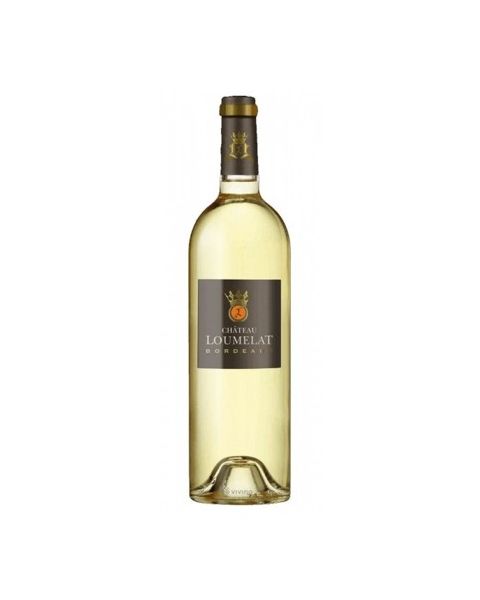
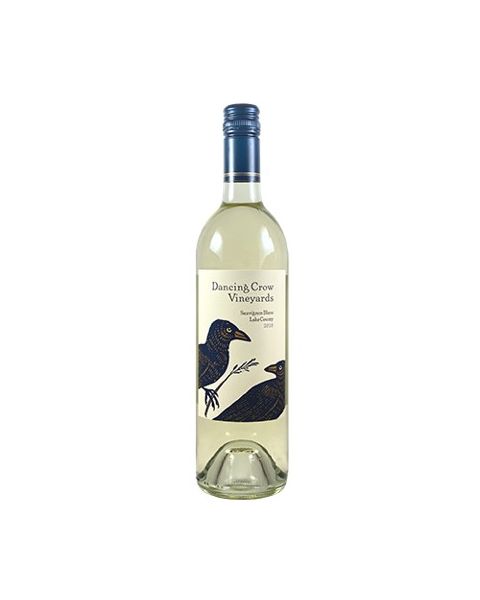





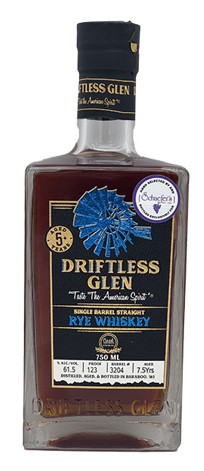

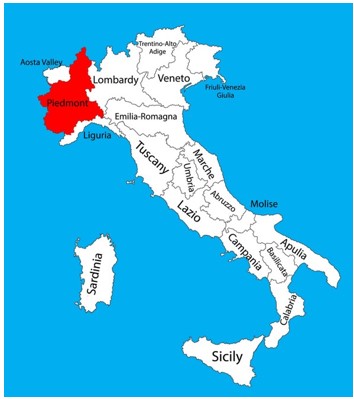
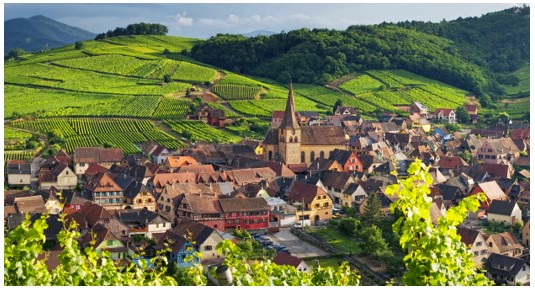
Comments